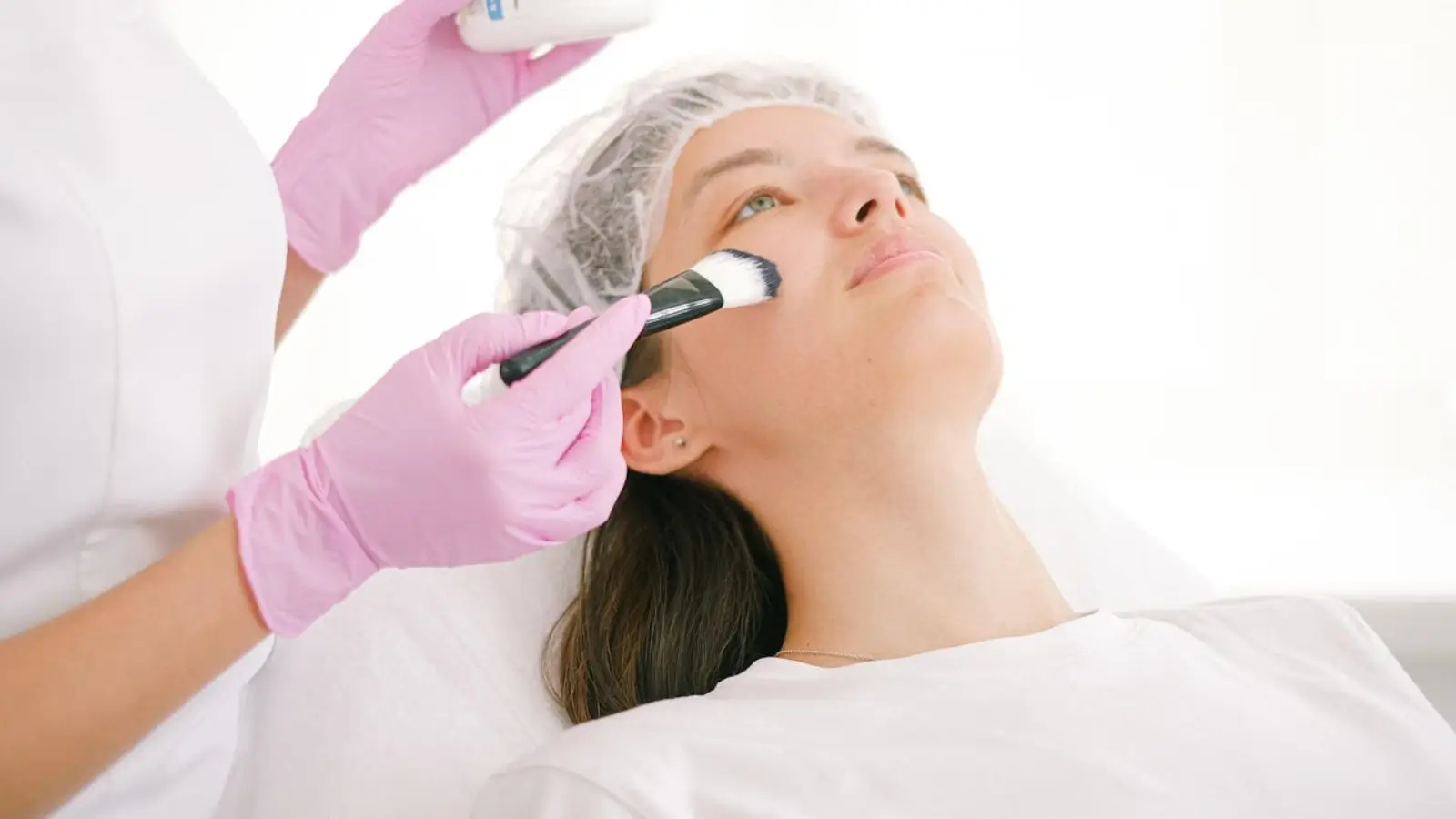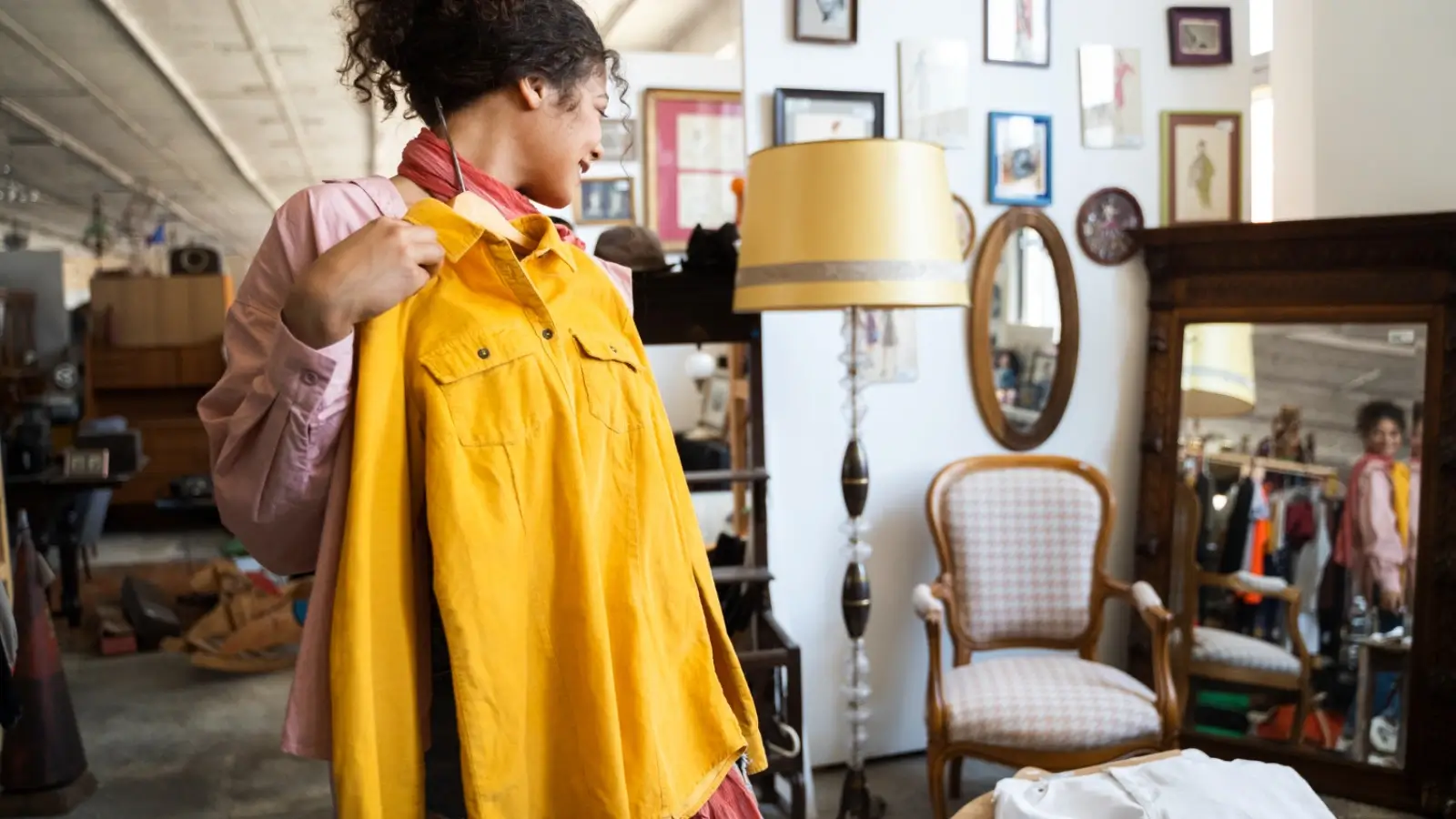Skincare is often seen as a physical ritual—a collection of steps meant to protect, correct, and enhance the skin’s appearance. But underneath this surface-level logic lies a deeper reality: skincare, especially anti-aging routines, plays a powerful role in shaping how we feel about ourselves. From daily facials to targeted treatments, the pursuit of skin clarity and health is about more than vanity—it’s about confidence, identity, and emotional well-being.
At Glow Up Studio, the focus goes beyond trend-driven beauty standards. The commitment to informed, consistent skincare reflects a belief that healthy skin can positively influence every part of life—from mood to motivation. In this article, we explore how anti-aging skincare delivers more than just visible results. It unlocks clarity—not just for the skin, but for the self.
What Is “Anti-Aging” Really About?
The term “anti-aging” has evolved over the years. It no longer refers solely to reversing wrinkles or restoring youth. Today, anti-aging is about supporting the skin as it changes, helping it function optimally, and maintaining a radiant, resilient complexion at every age.
As the skin ages, several key changes occur:
-
Collagen production decreases, leading to reduced firmness
-
Cell turnover slows down, contributing to dullness and rough texture
-
Hydration retention weakens, causing dryness and fine lines
-
Pigmentation becomes uneven, often from sun exposure or hormonal shifts
Anti-age facial treatments are specifically designed to address these natural shifts. Rather than attempting to erase time, they support the skin’s needs as they evolve—hydrating, firming, and brightening while promoting overall balance.
You might also enjoy exploring Beam for thoughtful wellness products that complement a skincare-forward approach. It’s not about replacing your core routine, but weaving in what resonates, a little attentiveness can help your glow feel more confident, inside and out.
The Emotional Impact of Skin Clarity
Clear, healthy skin has a psychological ripple effect. When your skin feels good, it changes how you carry yourself. You make more eye contact. You’re less focused on covering up. You may even find yourself more open in personal and professional interactions.
This connection between skin and confidence is not superficial. Research across psychological disciplines consistently shows that people who feel better about their appearance tend to experience higher self-esteem and better mental health outcomes. It’s not about striving for perfection—it’s about feeling at ease in your own skin.
For many, regular facials serve as a form of self-care that goes far beyond the visual. The time carved out for treatment becomes a pause in a busy schedule—a space to breathe, rest, and connect with the self through care and intention.
How Facials Support Long-Term Skin Clarity
Facials are often associated with immediate results—glowing skin, minimized pores, or a more even tone. But their true power lies in the cumulative effects they offer when incorporated into a consistent skincare routine.
An anti-age facial typically includes elements like:
-
Deep cleansing, to remove impurities and buildup
-
Exfoliation, often using gentle enzymes or acids to encourage cell renewal
-
Hydration infusion, with ingredients like hyaluronic acid or peptides
-
Massage and stimulation, to boost circulation and encourage lymphatic drainage
These components work together to refresh the skin and trigger long-term improvements in texture, tone, and elasticity. By supporting the skin's natural processes, facials help slow the visible signs of aging while maintaining overall skin health. For even deeper rejuvenation from within, some people also incorporate the best NMN supplements into their routine, as they may help support cellular repair and enhance overall skin vitality.
Consistency is key here. Much like exercise or nutrition, skincare delivers its strongest benefits over time. A single treatment offers a boost, but a series of facials integrated into a broader routine creates lasting change.
The Overlooked Power of Preventative Care
One of the most effective strategies for anti-aging is prevention. Starting facials early—well before fine lines and wrinkles fully set in—can slow their development and reduce their severity. Similarly, protecting the skin barrier through regular hydration and targeted exfoliation helps preserve the skin’s integrity over time.
Teen facial treatments are often associated with acne or oil control, but they also introduce young skin to habits that lay the groundwork for healthy aging. Teaching early about sun protection, gentle cleansing, and moisture balance prevents damage that might otherwise appear years later.
Prevention is not only about avoiding future problems—it’s about maintaining the skin's natural vibrancy and function. The earlier these habits are in place, the longer their benefits will last.
How Acne and Aging Intersect
While acne and aging are often seen as distinct issues, they can overlap in surprising ways. Adult acne—particularly among women—is increasingly common, especially due to stress, hormonal fluctuations, and environmental factors.
That’s why many anti-aging routines include elements of acne facial care. Ingredients that reduce inflammation, clear pores, and regulate oil are often integrated into mature skin treatments to support clarity without drying or irritating sensitive skin.
This intersection highlights the need for customized skincare. No two faces age the same way, and no two routines should be identical. A successful anti-aging plan might include products and treatments that also support acne control, texture smoothing, or hyperpigmentation correction.
The Link Between Skincare and Routine
There’s something powerful about ritual. Taking a few minutes each day—or setting aside time each month—for a facial or skincare routine brings structure to an otherwise chaotic schedule. It’s a moment to check in, reset, and care for the body with intention.
Routines like these are grounding. They help you regain control during times of stress. They become part of a wellness ecosystem that supports not only skin clarity, but also emotional clarity.
Skincare becomes more than a means to an end. It becomes a way of caring for yourself in small, consistent ways—reminders that your well-being is worth time and attention.
Clarity as a Confidence Anchor
As the skin clears and balances, many people notice changes that reach far beyond the mirror. They feel more secure, more centered. They dress differently. They speak more confidently. These shifts don’t come from erasing wrinkles—they come from the clarity and comfort that result when skin is healthy and supported.
Confidence isn’t about hiding age—it’s about embracing it. When skincare is aligned with your values, your routine reflects self-respect, not insecurity. And that shift—subtle as it may be—is often what makes the biggest impact.
Studios like Glow Up Studio promote this mindset through thoughtful, well-designed treatments that support all skin types and stages. The emphasis is not on reversing age but on enhancing wellness through care that respects individuality.
Final Thoughts
Anti-aging skincare is not just a response to time—it’s an affirmation of self-worth. When approached with intention, it fosters both physical clarity and emotional confidence. Facials, whether targeted for hydration, acne, or age-related concerns, support this balance by nurturing the skin from the inside out.
True beauty isn’t about appearing flawless. It’s about feeling in tune with yourself. Through a consistent routine, informed product use, and occasional professional treatments, skincare becomes a powerful tool for clarity—on every level.
Glow Up Studio reminds us that the glow we’re after isn’t just on the surface. It’s a reflection of how we feel, how we care, and how confidently we choose to show up—every day.
















